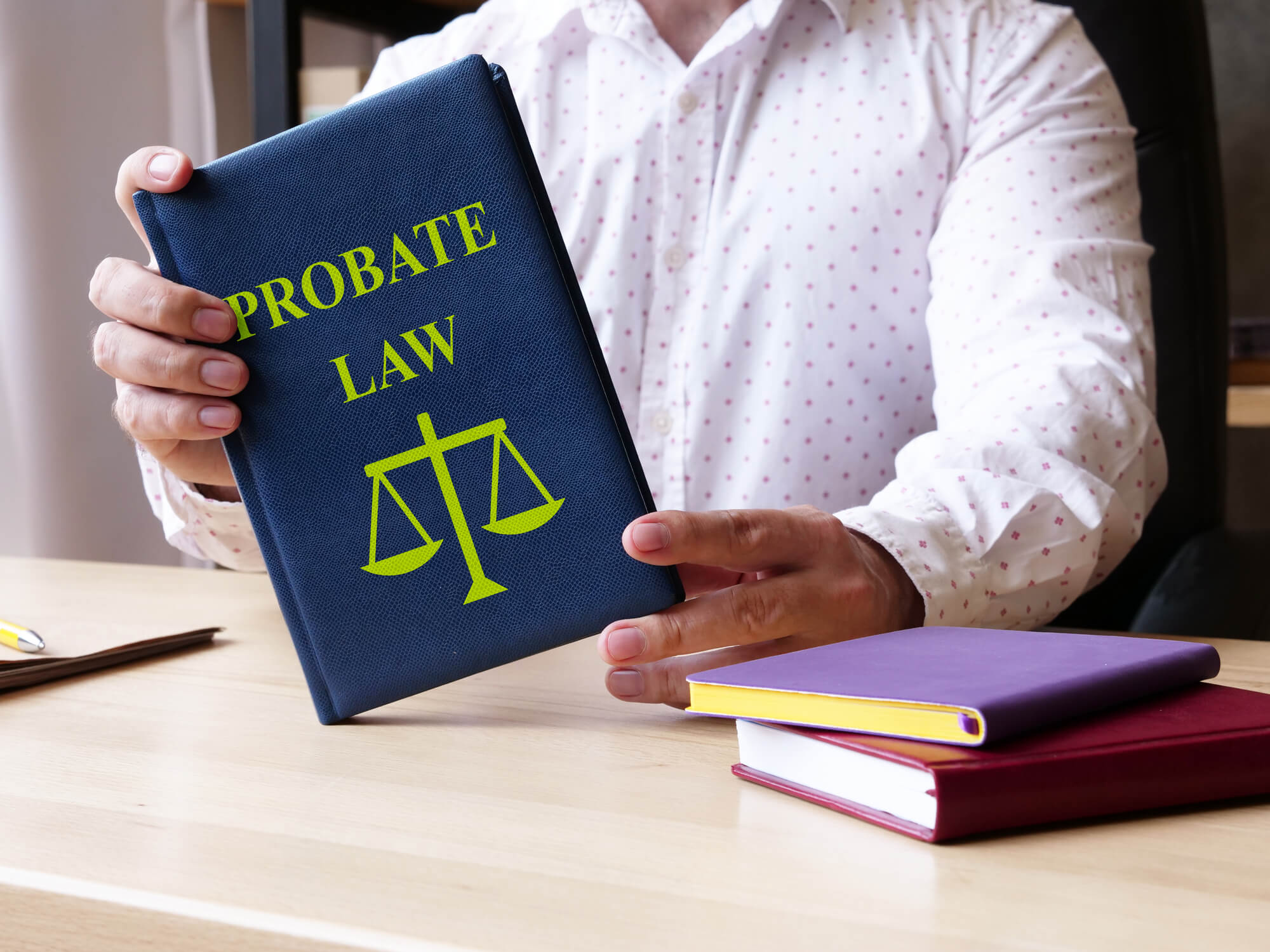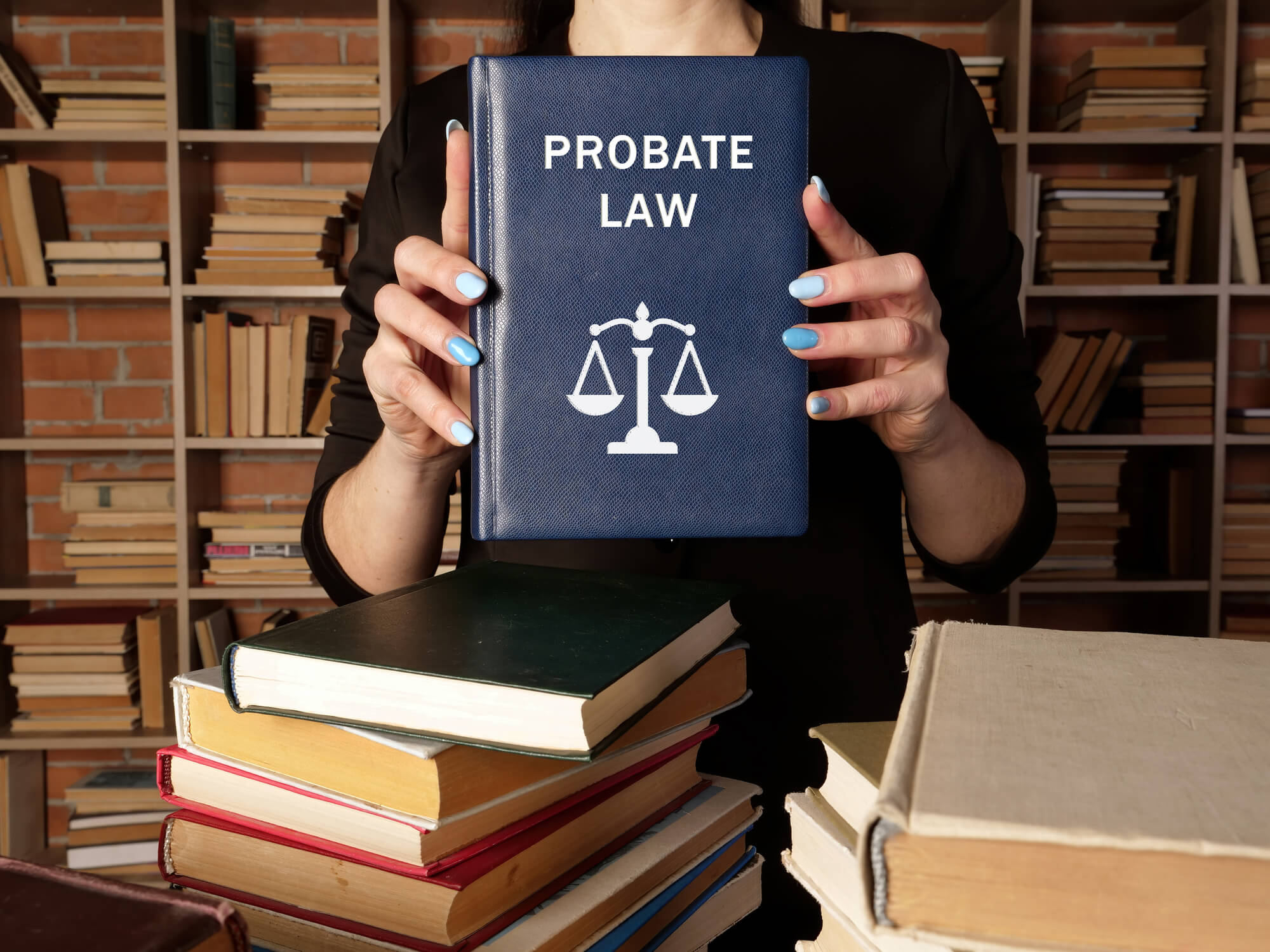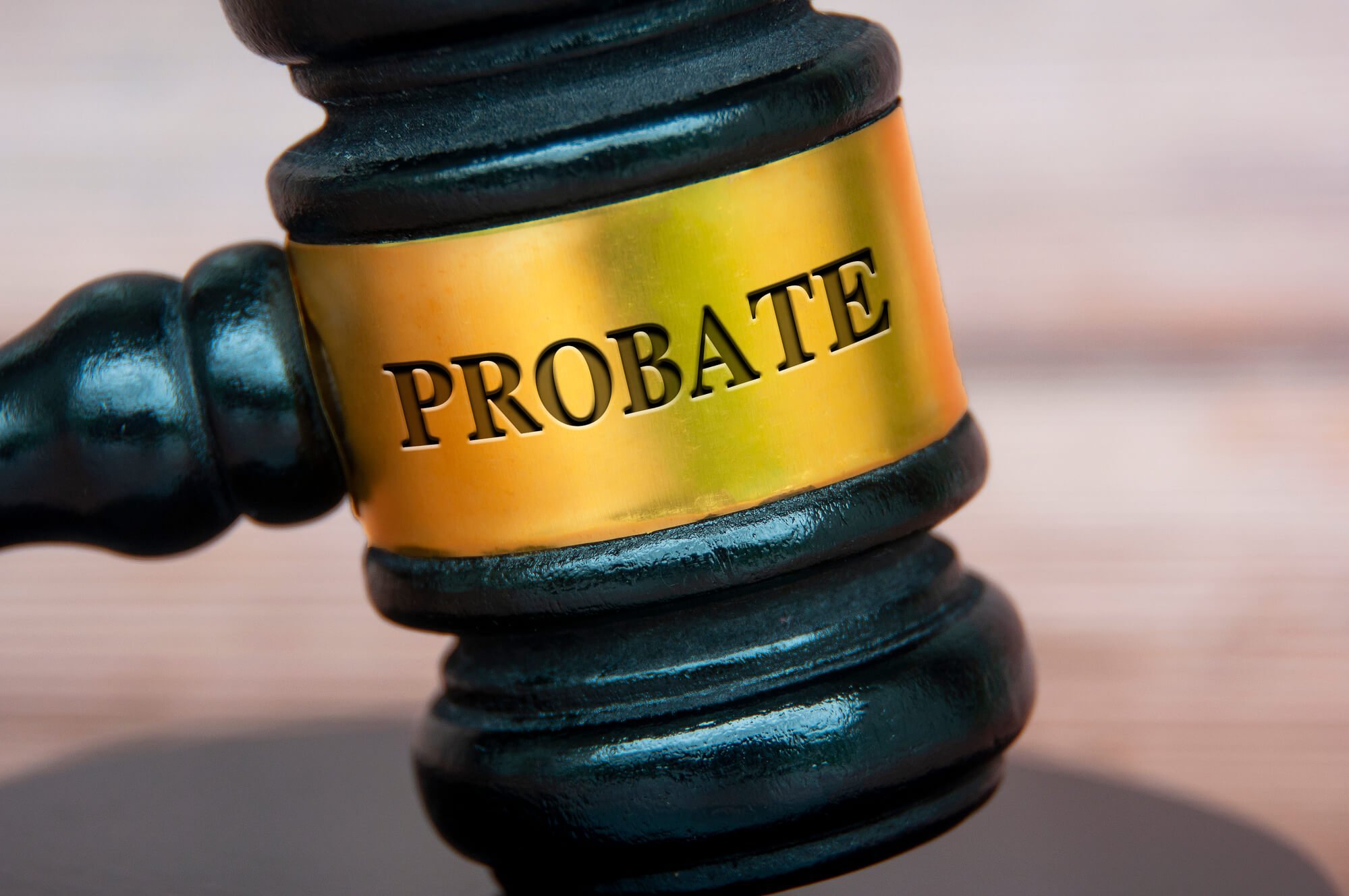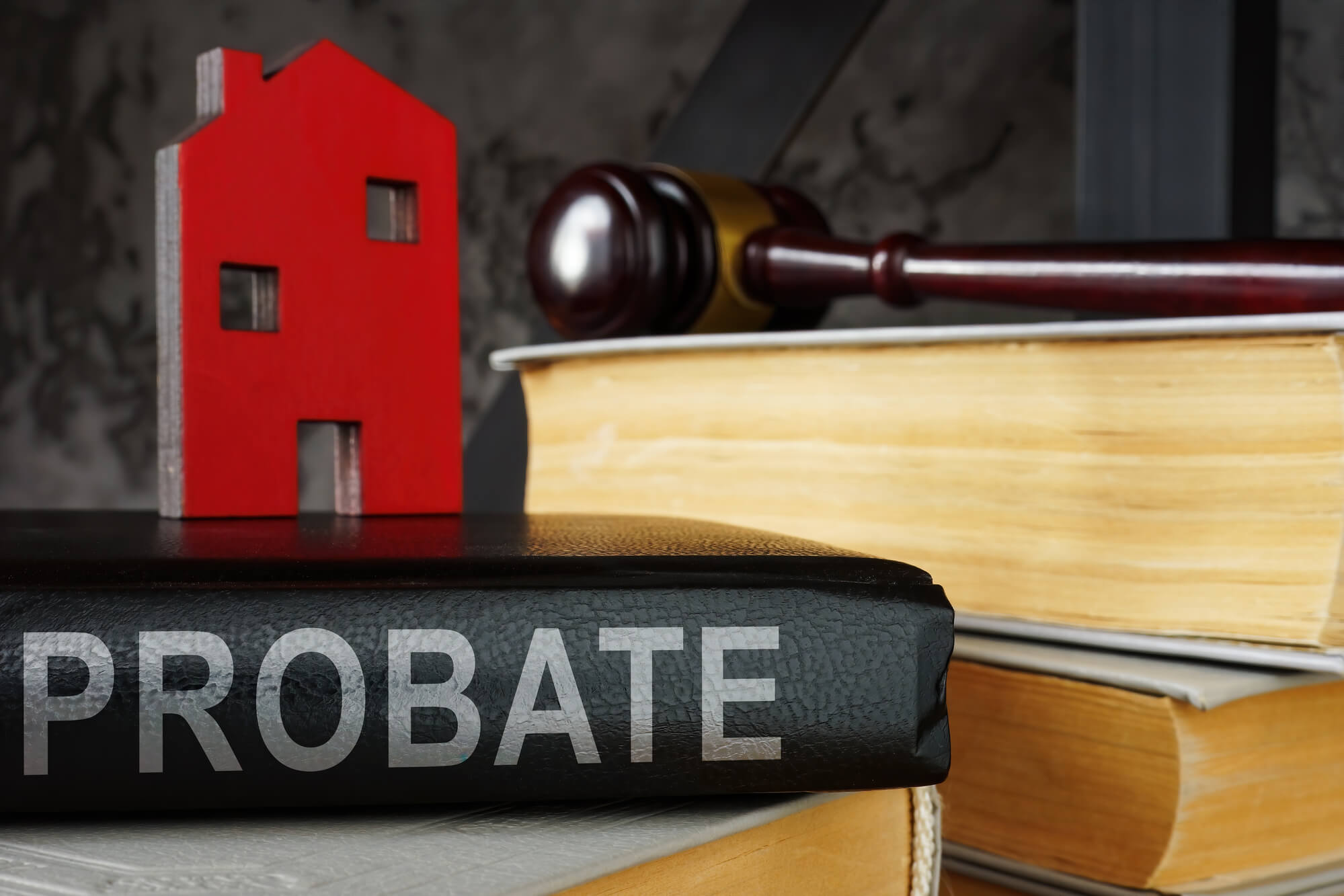The general procedure when a person dies is that their loved ones apply for a grant of probate. This gives them the legal authority to settle the deceased’s estate and distribute their assets. However, some people believe there is no logical reason to go through probate if the deceased had no assets. After all, probate is an expensive procedure. Thus, spending all that money for nothing seems to be nothing but a lack of financial prudence. While this seems logical, several circumstances require probate, even if the deceased had no assets. This article will walk you through some of these circumstances.

Call now for probate service
0207 706 7554
Is Probate Necessary Without Assets?
Whether or not you need probate if there are no assets will depend on the circumstance at hand. Below, we highlight four of these:
1. Where There is an Existing Chain of Representation
Under the Administration of Estates Act 1925, a person appointed executor over an estate cannot transfer the responsibility to another. But, suppose this executor dies before the person that appointed them, a third party will have to take over the responsibility.
Or let’s even say that the person who wrote the will dies first, and the executor obtains a probate grant. But, before the executor could administer the estate, they die.
A chain of representation will apply in these cases so that another person can administer the estate. Suppose you find the scenarios above confusing; below is a typical example of how the existing chain of representation exception works.

Imagine that Mr. Harry appointed Mr. George, his childhood friend, as the executor of his estate after he died. Five years later, Mr. Harry became ill and died in the process. After his demise, Mr. George — the appointed executor, then applied for probate in his name. Unfortunately, Mr. George died too before administrating the estate.
In this case, a grant of probate on Mr. George’s estate will be required before a third party can administer Mr. Harry’s estate on behalf of the initially appointed executor — Mr. George. This application for probate is necessary, regardless of whether or not Mr. George had any assets of his own.
Suppose Mr. George has no assets in his name. Probate is still required to administer Mr. Harry’s estate. And the executor of Mr. George’s estate is the proper person to make this application under the chain of representation. This will enable them to finish what Mr George started.
2. Where the Deceased is a Beneficiary of Another Estate

An application for a grant of probate will be necessary where the deceased is beneficiary to another estate that was not finalized before they died, even if they have no personal assets. Take, for instance, a situation where the deceased is a beneficiary of their mother’s estate but did not receive it before passing.
The law counts these entitlements as part of the deceased’s estate. In this case, you will need a grant of probate to transfer the entitlements from the mother’s estate to the deceased’s before they finally move to the deceased’s beneficiaries.
3. Where the Deceased Held Joint Assets
Sometimes, a deceased person may not have had assets in their name while alive. Suppose the deceased owned all their possessions jointly with another person, say a spouse or civil partner. You may need probate.

There are two ways of dealing with their assets in a circumstance like this. But first, it is important to determine how they held those assets.
If the deceased and the other party held the assets as joint tenants, ownership would automatically transfer to the surviving co-owner. But, if both parties were tenants in common, a grant of probate is required to move the deceased’s share of assets to their beneficiary, under their will or following the rules of intestacy.
In a case where the joint asset is a bank account, the transfer of ownership will not require probate. For this, the bank will simply remove the deceased’s name from the account and leave it in the surviving holder’s name.
4. Where the Deceased’s Estate is Insolvent

Besides the highlighted scenarios above, another circumstance where you need probate, even if the deceased had no assets, is when the deceased’s estate is insolvent. An estate is regarded as insolvent if its debts outweigh its assets. So, suffice it to say that where a deceased’s estate is insolvent, they have no tangible assets to pass on.
Yet, a grant of probate will still be needed, even if there are no funds to pay beneficiaries or creditors. Take, for instance, that the deceased had a house, but the mortgage and other loans on the house are more than the house’s worth.
In such a case, selling the house and settling as much debt as possible is still necessary. But, only a grant of probate will give the executors the authority to sell the house.
Conclusion
While it may seem uneconomical to go through probate when there are no assets, several circumstances demand that you apply for a grant of probate regardless. To recap, some of these include where the deceased is a beneficiary of another estate or held joint assets when alive. Other circumstances are when there is an existing chain of representation and where the deceased’s estate is insolvent. But note that each situation is peculiar to its circumstances. So, for a narrowed-down approach to probate without assets, you can reach out to us.
Call now for probate service











